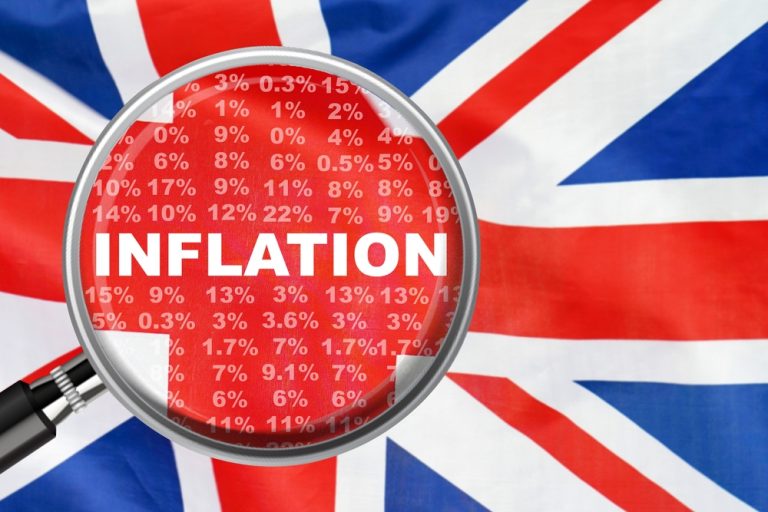Inflation Eases Below Forecasts
The U.K.’s inflation rate fell slightly to 2.8% in February, coming in just below analyst expectations, according to data released by the Office for National Statistics (ONS) on Wednesday. Economists polled by Reuters had anticipated a rate of 2.9% for the year to February.
After falling to 2.5% in December and jumping to 3% in January, the consumer price index (CPI) dropped again in February. Core inflation, which excludes food, energy, alcohol, and tobacco, also eased to 3.5% from 3.7%.
ONS said the decline was mainly driven by clothing, housing and household services, and recreation and culture. Sterling reacted modestly, slipping 0.1% to 1.2925 against the dollar following the release.
Monetary Policy in the Spotlight
The Bank of England, which held interest rates at 4.5% last week, is closely watching inflation trends. Policymakers are balancing moderating inflation against mounting global trade uncertainty and potential U.S. tariffs that could push inflation higher later this year.
The BOE had already forecast a temporary rise in inflation to 3.7% by Q3 2025, driven largely by energy prices. Its GDP growth forecast for the year was also halved to 0.75%.
Fiscal Strategy Ahead
Finance Minister Rachel Reeves is set to unveil the Spring Statement later Wednesday, outlining taxation and spending plans. Reports suggest the Office for Budget Responsibility (OBR) will slash the 2025 growth forecast, forcing the government to implement £10 billion ($12.96 billion) in spending cuts.
Chief Secretary to the Treasury Darren Jones emphasized the government’s focus on “kickstarting growth” and “delivering economic stability.” Reeves is expected to adhere to her fiscal rules, aiming to reduce public debt relative to GDP by 2029-30.
Red Herring or Warning Sign?
Despite the dip in February, economists are wary. Paul Dales of Capital Economics warned the drop to 2.8% may be short-lived, with inflation likely to rebound above 3% by April and reach 3.5% by September due to rising energy costs.
He added that lingering inflation and wage growth pressures may delay interest rate cuts from the BOE. Dales predicts inflation could fall to 2% by 2026, potentially allowing rates to drop from 4.5% to 3.5%.


